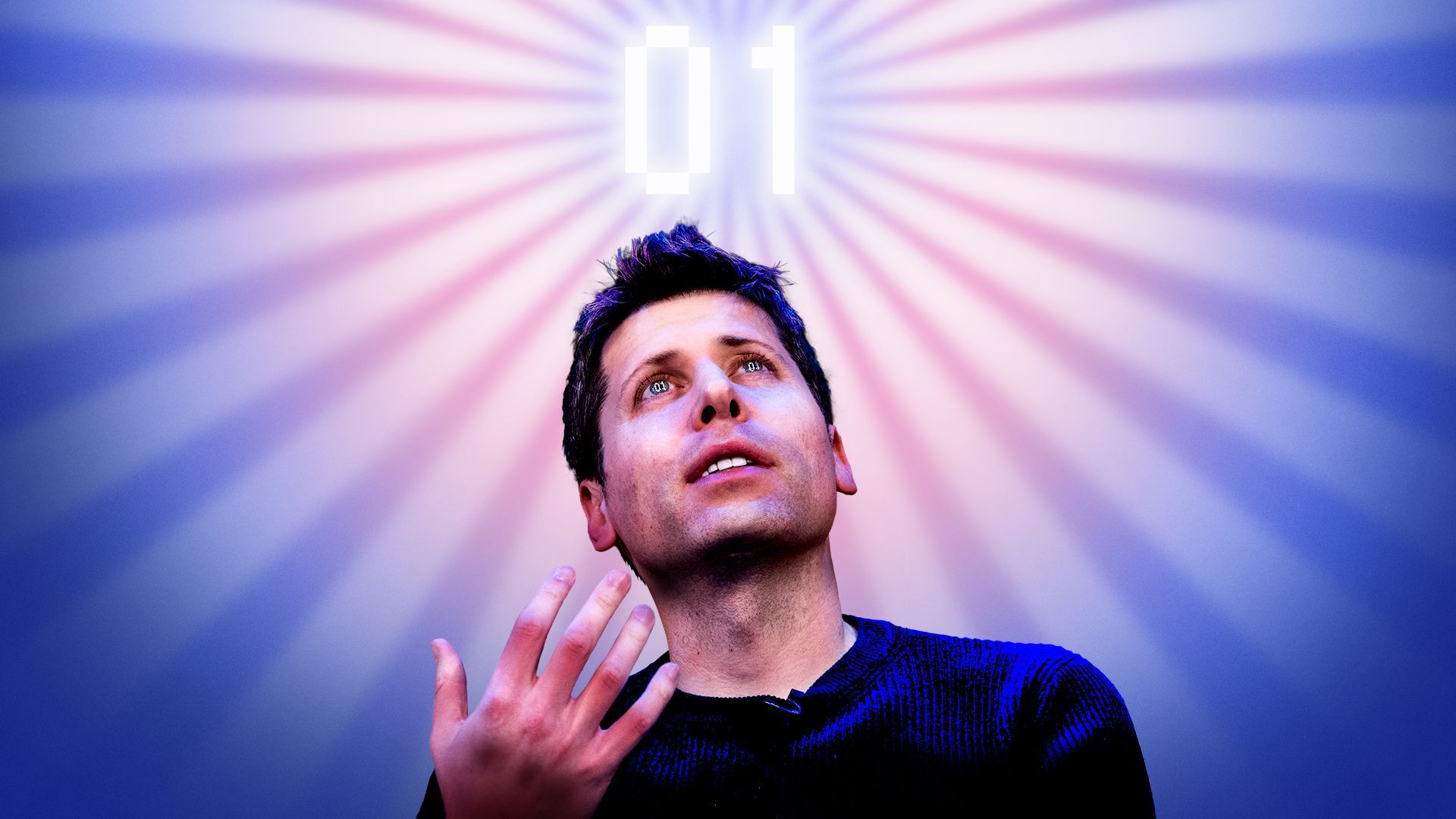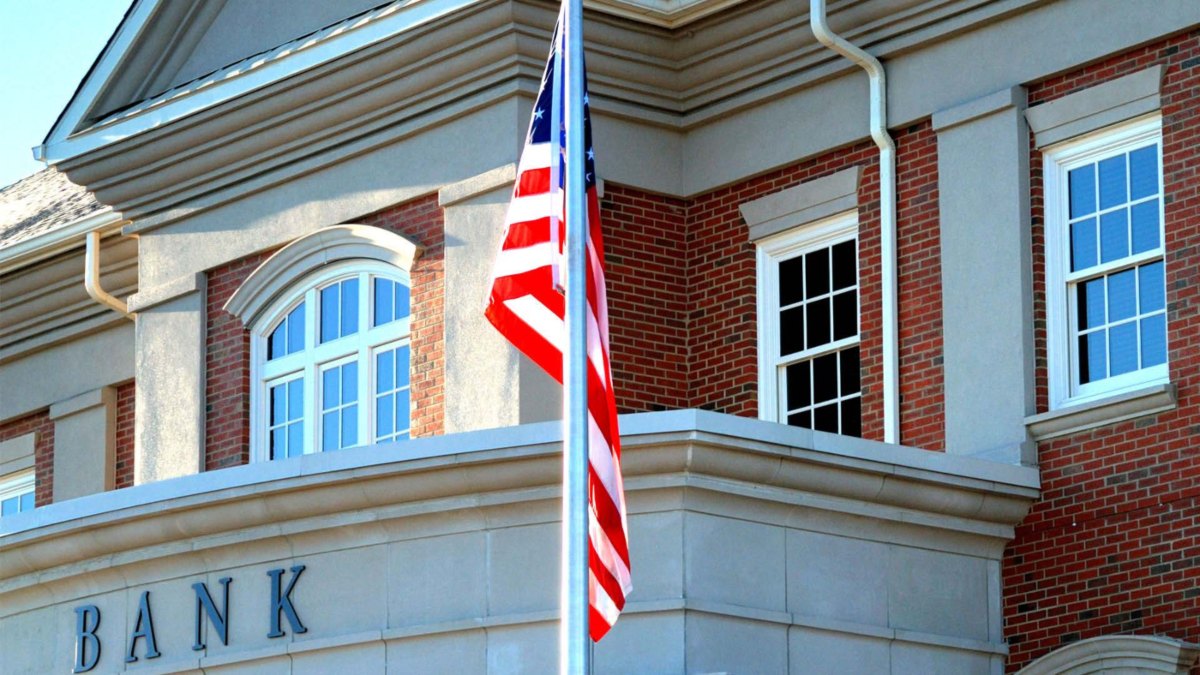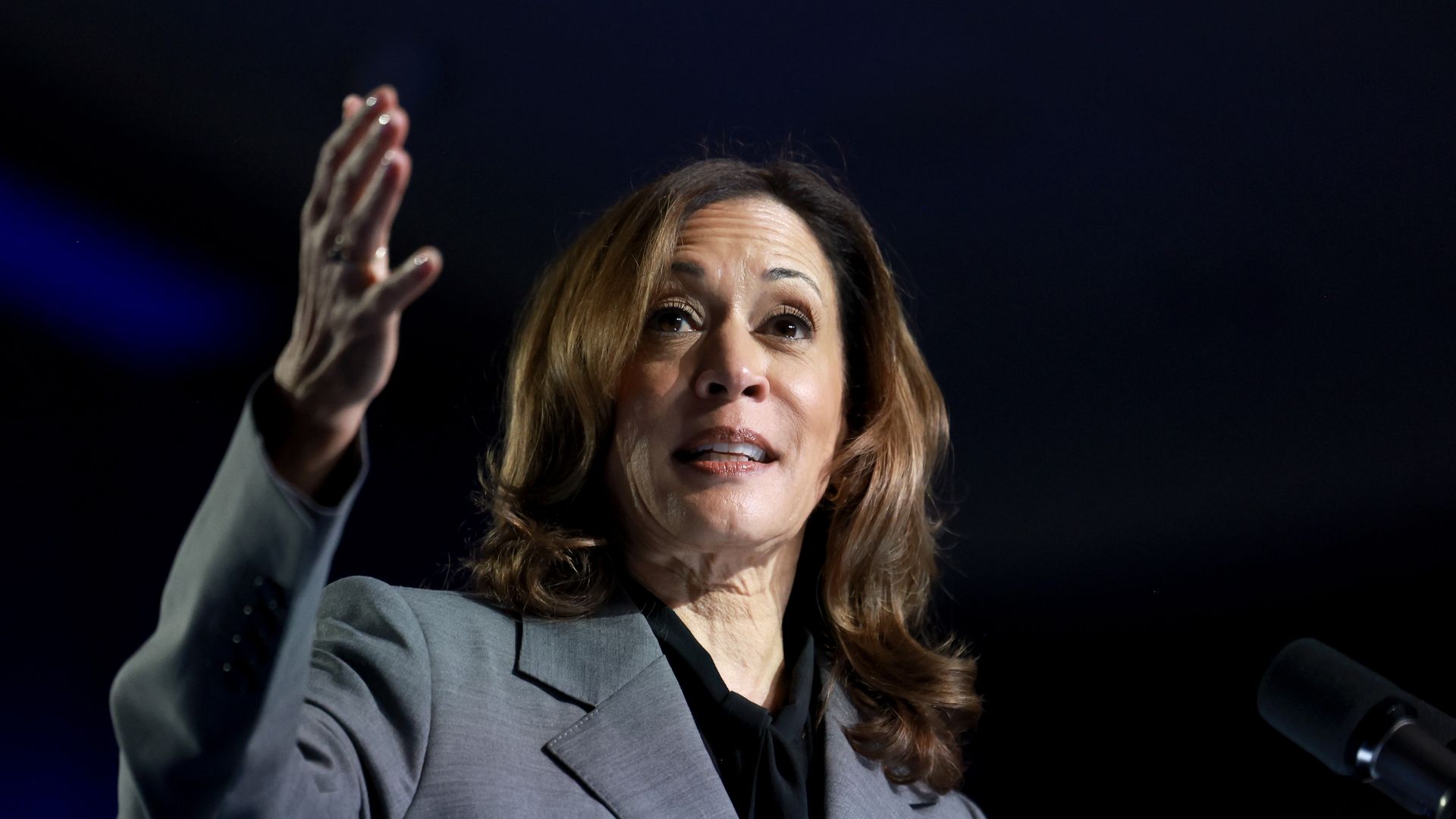| | | | | | | Presented By BNY | | | | Axios Markets | | By Emily Peck and Felix Salmon · Sep 27, 2024 | | Friday! If you have a nonprofit you want to turn into a $150 billion for-profit corporation, you might want to read some of the next 1,076 words (4 minutes). Plus: A price control update from Kamala Harris. | | | | | | 1 big thing: OpenAI's soul at risk | | By Felix Salmon and Emily Peck | | |  | | | Illustration: Brendan Lynch/Axios | | | | OpenAI is closing in on raising $6.5 billion — the largest venture capital raise in history. The catch: To do so, it looks like it will need to do the Delaware equivalent of selling its soul — it will have to overhaul its governance structure so it's no longer controlled by a nonprofit organization. Why it matters: At stake is OpenAI's overarching commitment "to build general-purpose artificial intelligence that benefits humanity, unconstrained by a need to generate financial return." (That's from its most recent nonprofit tax filing.) - If these changes go into effect, the nonprofit will still exist, and will still have that goal, OpenAI says. But it would no longer control the company, Axios and others have reported. Instead, OpenAI will, for the first time, have a fiduciary obligation to maximize the return to its shareholders, alongside its public purpose.
Between the lines: Some observers, including Robert Weissman, co-president of Public Citizen, have already concluded that "OpenAI is no longer serving its public, nonprofit purpose and is instead effectively controlled by the for-profit OpenAI affiliate." - Were OpenAI to successfully make these governance changes, that outcome would no longer be in question — it would be reality.
- On the other hand, if OpenAI fails to make the governance changes within two years, the profit-seeking investors putting in $6.5 billion would have the right to take their money back, Axios reported this week. That would jeopardize the corporate mission in a much more direct manner.
Where it stands: "As far as we can tell, OpenAI no longer exists as a public interest organization." says Mozilla president Mark Surman, who leads one of the tech world's best-known nonprofits. |     | | | | | | 2. How Altman could shake off nonprofit control | | By Emily Peck and Felix Salmon | | |  | | | Photo illustration: Sarah Grillo/Axios. Photo: Chris Ratcliffe/Bloomberg via Getty Images | | | | OpenAI has been blurring the lines between nonprofit and for-profit for some years as its cash needs spiral upwards. (It's a lot easier to raise $6.5 billion in venture capital than in charitable donations.) Why it matters: Its latest bruited transformation, into a public benefit corporation (PBC), would be its largest governance shift yet. - PBCs are answerable to more than just shareholders but they can give up their status at any time with much less effort than it takes to stop being a nonprofit.
- "Under Delaware law, a PBC can revert to being a regular business corporation through a simple charter amendment," notes University of Texas law professor Jens Dammann. "And, even without such an amendment, PBCs may de facto abandon their social goals due to investor pressure."
How it works: OpenAI's current board is well stocked with dyed-in-the-wool capitalists, including former Treasury Secretary Lawrence Summers and the current or former CEOs of Salesforce, Instacart, Quora and OpenAI. - They can decide that the best way for OpenAI to reach its goal of benefiting humanity is to align itself entirely with deep-pocketed for-profit investors — while probably retaining for the nonprofit some financial stake in the company.
- They would almost certainly remain on the board of the for-profit company — and start getting paid for their service.
- As a trio of jurists explained in a paper earlier this year, such a move could in theory be challenged by the attorney general of the state of Delaware, where OpenAI is domiciled. "But as in the regulation of Delaware for-profits," they write, "the state is remarkably hands-off in its regulation of nonprofits."
Zoom out: OpenAI was founded by a group of researchers who feared Silicon Valley would race to build super-powerful AI without making sure it was safe first. Critics of the company's evolution argue that, under CEO Sam Altman, OpenAI flipped that script once it found it could lead the race. - OpenAI's faster pace might help explain a slew of departures, including co-founder Ilya Sutskever, CTO Mira Murati, and safety chief Jan Leike, reported The Information yesterday.
- "If what's happening is that this reorganization allows AI to destroy the world, then that's simply inconsistent with the purposes of the original organization," Fordham law professor Linda Sugin tells Axios.
The bottom line: Getting rid of OpenAI's nonprofit control won't be easy, and will almost certainly attract litigation from figures such as Elon Musk, an OpenAI cofounder who put up some of the original money behind the nonprofit, and who has already filed a different suit against the company. - But with two years to achieve the switch, and with the possibility of obtaining a substantial stake in a $150 billion company for himself, there's a decent likelihood Altman will pull it off.
|     | | | | | | A message from BNY | | New survey sheds light on the state of community banks | | |  | | | | BNY surveyed community banks across the U.S. to understand how they're perceived, what they need to stay competitive and thrive, and more. Why it's important: 97% of banks in the U.S. are community banks. They play a crucial role in advancing the economy. A BNY leader unpacks the key findings. | | | | | | 3. So, not communism then. Got it. | | By Emily Peck | | |  | | | Vice President Harris at an event in Atlanta earlier this month. Photo: Joe Raedle/Getty Images | | | | About a month ago, I wrote that Kamala Harris' plan to ban price gouging was not anything like Soviet-style price controls Why it matters: At the time, however, the Harris campaign wasn't offering much detail. This week, we got deets — part of an 82-page economic policy paper that her 2024 campaign released. - And now we know for sure. No Kamunism to see here.
Driving the news: The paper, "A New Way Forward for the Middle Class," says that Harris will "call on Congress to pass the first-ever federal ban on price gouging." - "The bill will set rules of the road to make clear that big corporations can't unfairly exploit consumers during times of crisis to run up excessive corporate profits on food and groceries."
State of play: Most states have such laws as the proposal points out (and I explained in August). - They're typically triggered by a state of emergency like a flood, wildfire, hurricane, or, yes, a pandemic.
- The idea is to prevent companies from taking advantage of a spike in demand due to crisis conditions, like selling consumers $10 bottles of hand sanitizer or $200 snow shovels.
- These laws are far removed from the price controls her detractors had speculated she was proposing.
Zoom in: "Vice President Harris and Governor Walz's proposal—like many of the laws already on the books in 37 states—will go after nefarious price gouging on essential goods during emergencies or times of crisis," per the paper. - It describes how these laws work, and how they've been used, in Texas, North Carolina, New York and Florida.
- For example, such laws were used to crack down on motels jacking up prices during Hurricane Matthew, gas stations charging $10 per gallon during Hurricane Harvey, and other companies for unreasonable price hikes on eggs and baby formula.
Zoom out: Proponents argue that a federal law would make it easier to go after bigger operators sometimes outside the reach of the states. Critics say that the state laws are enough. The bottom line: Step away from the red panic button. |     | | | | | | A message from BNY | | Community banks embrace AI | | |  | | | | AI is becoming a key part of community banks' strategic vision, according to a new BNY survey. Looking ahead: Nearly 40% of community banks plan to incorporate AI and machine learning into their operations within the next five years. Tap into 7 other intriguing insights on community banks. | | | | Thanks to Kate Marino and Scott Rosenberg for editing and Mickey Meece for copy editing. Have a great weekend, and we'll see you back on Monday. |  | | Why stop here? Let's go Pro. | | | |

0 comentários:
Postar um comentário